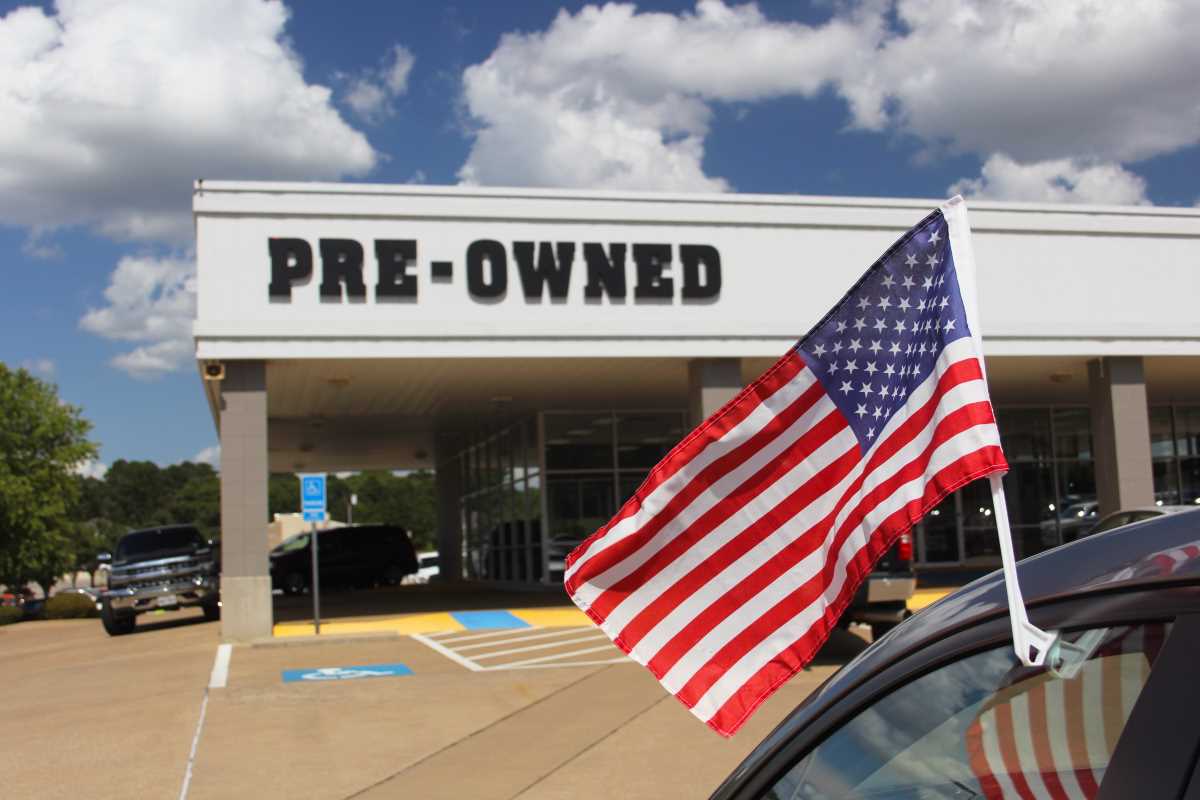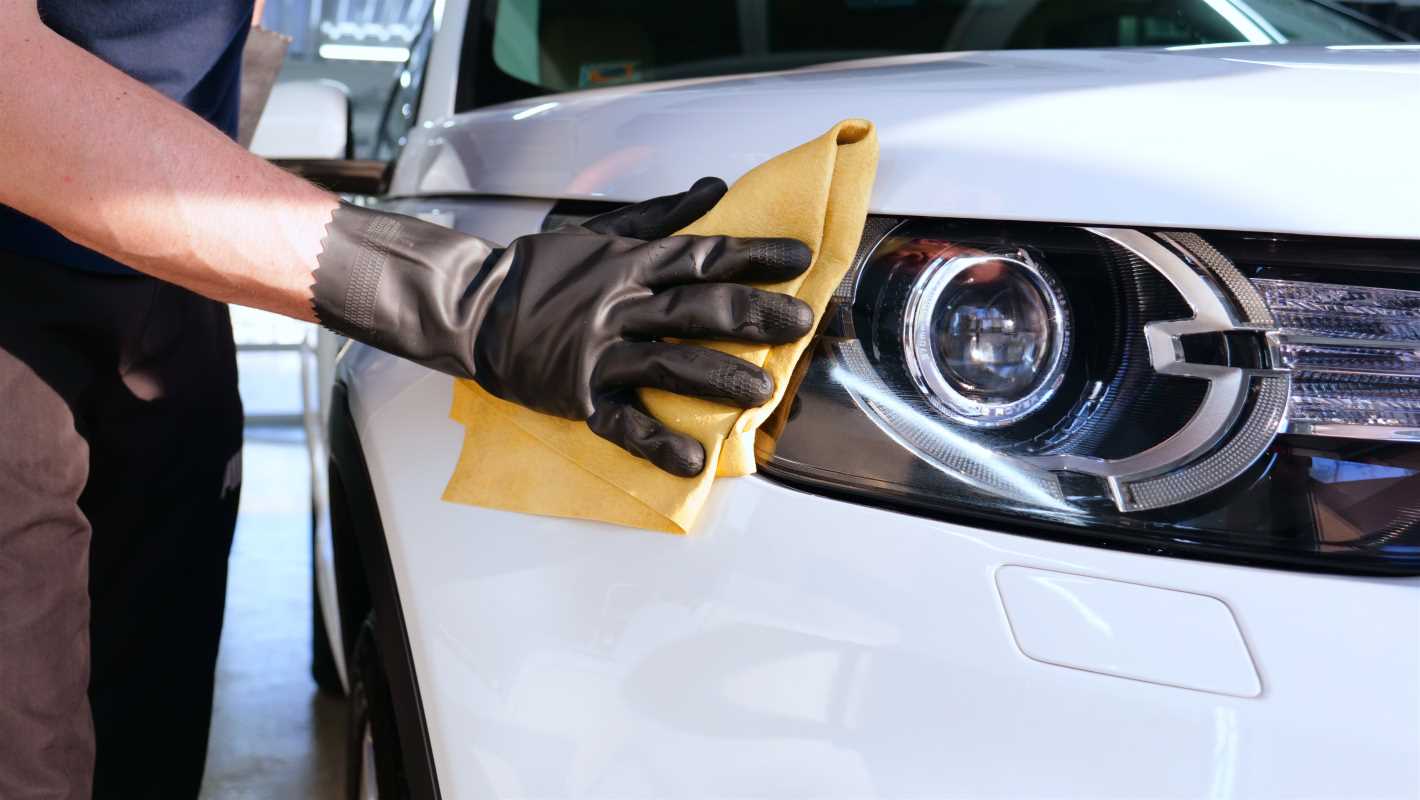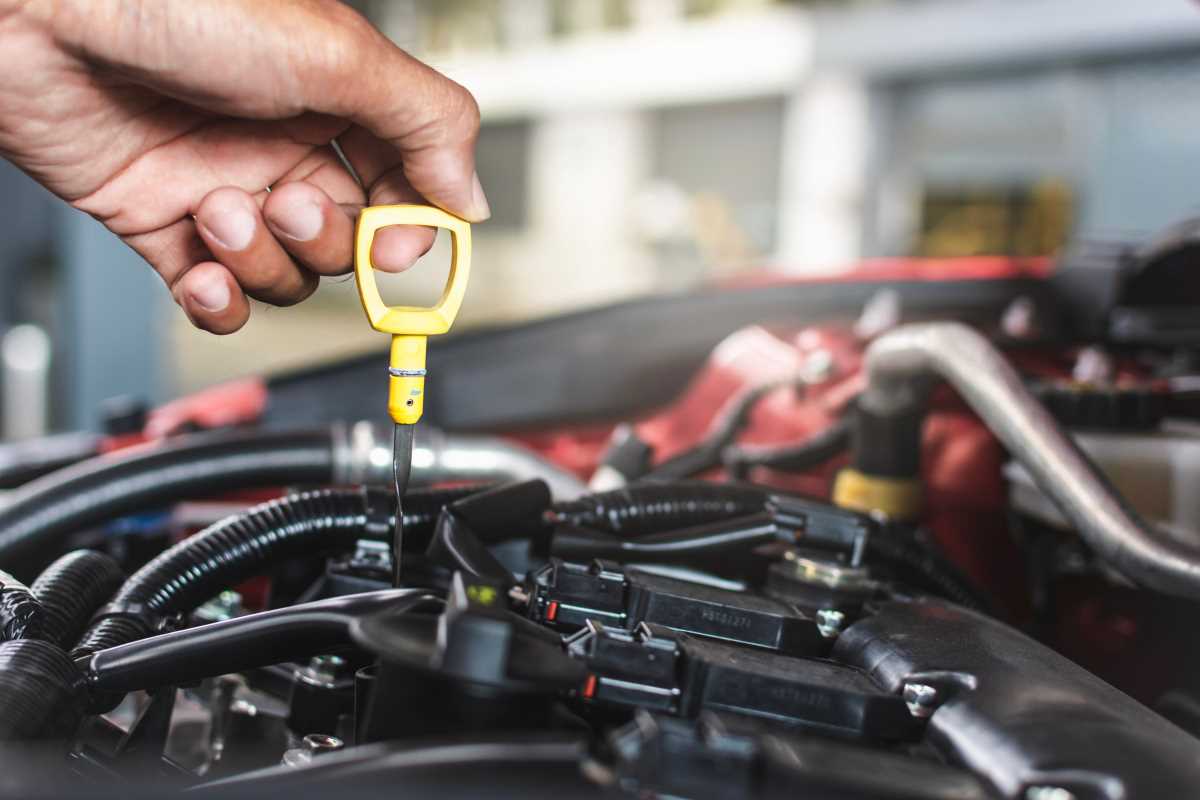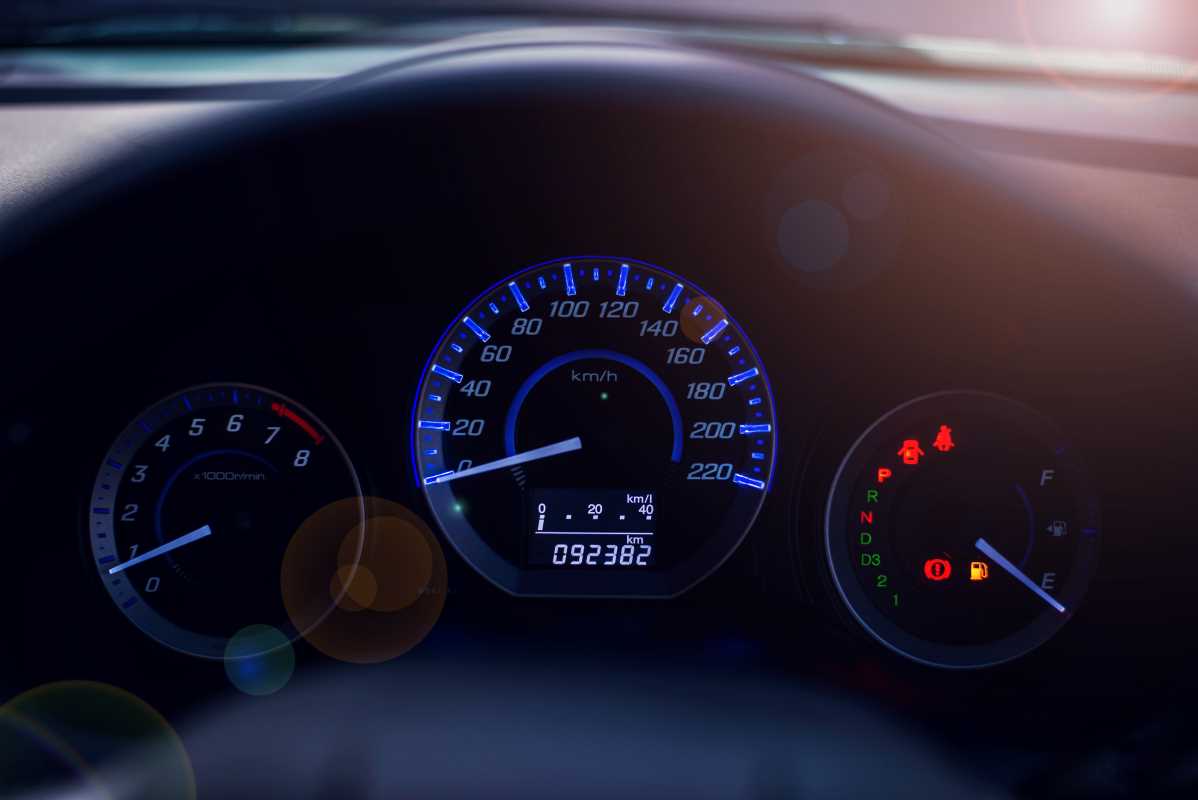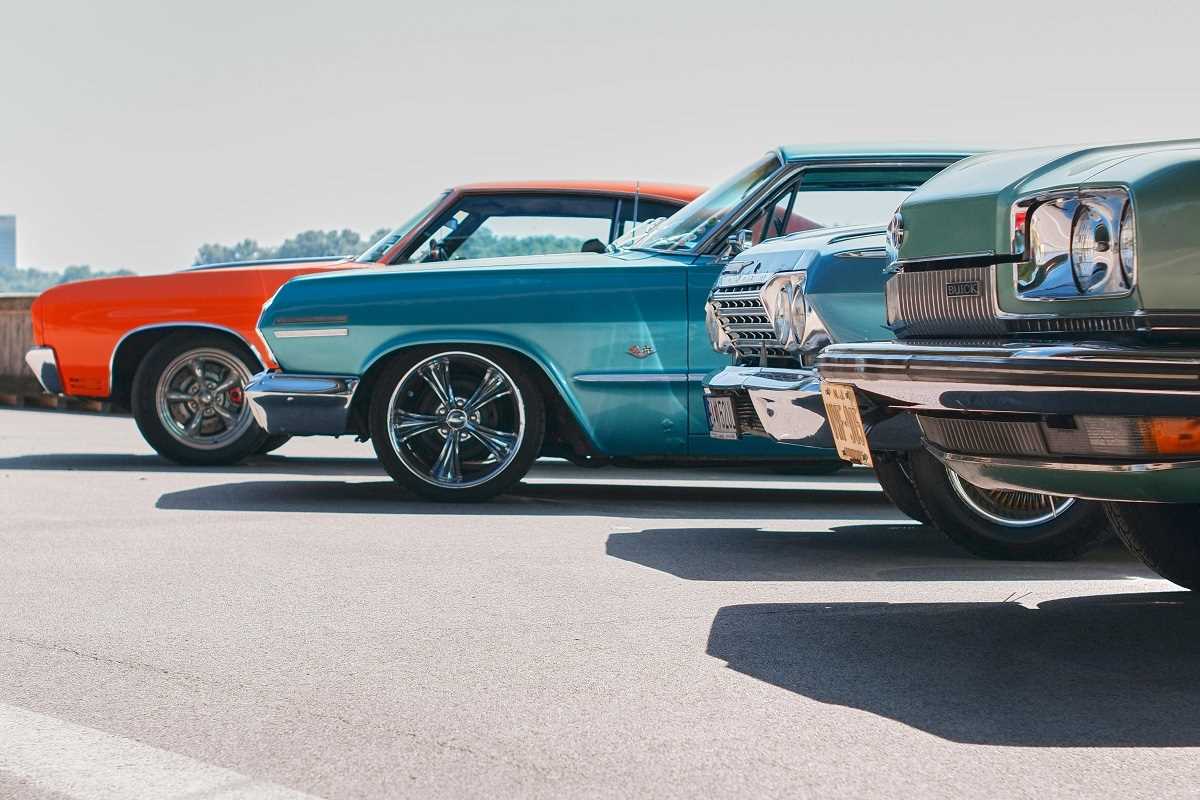Selling a used car can feel a little like crafting the perfect pitch. What will make someone fall in love with your vehicle at first sight? Understanding what buyers prioritize can give you the edge you need to sell your car quickly and for the best price. From its appearance to its history, certain factors stand out as deal-makers (or deal-breakers) when it comes to buyers deciding whether or not to take the plunge. Whether you’re preparing your car for sale or just curious about how buyers think, this guide will walk you through the essentials that set your vehicle apart in a crowded market.
A Competitive Price That Matches the Market
When it comes to buying a used car, price is usually the first thing that buyers notice. Even the nicest car with all the bells and whistles won’t sell if it’s priced way out of line with its market value. Many buyers shop with a set budget in mind, whether they’re looking for a bargain commuter vehicle or a more upscale ride at a used-car discount.
Smart buyers do their research using tools like Kelley Blue Book or Edmunds to determine what your car is worth based on factors like mileage, condition, and age. If your price is too high compared to similar vehicles, buyers will likely scroll right past your listing. On the other hand, a price that seems too low can look suspicious, making people wonder if there’s something wrong with the car. Pricing it “just right” by checking your car’s value in advance is key to attracting serious buyers.
An Honest and Detailed Vehicle History
Transparency goes a long way with used car buyers, and many consider a vehicle’s history one of the most important factors. No one wants surprises down the road (or worse yet, on the road), so buyers often request a vehicle history report before committing to a purchase. Reports from Carfax or AutoCheck reveal information like past accidents, maintenance records, and the number of previous owners.
Cars with clean accident histories and consistent maintenance records are considered safer bets. For example, if you can show the buyer that your vehicle received regular oil changes and timely repairs, they’ll view it as more reliable. However, even if your car has a less-than-perfect history, being upfront about past repairs or issues builds trust. Most importantly, you’ll avoid scaring off buyers who would otherwise walk away from any uncertainty.
A Well-Maintained Appearance and Condition
It’s no secret that looks matter, and this is especially true when it comes to selling a used car. Buyers are drawn to cars that look clean, well-maintained, and free of obvious flaws. First impressions set the tone, so taking the time to spruce up your car can make a big difference in how quickly it sells.
The exterior is the first thing buyers see, so addressing scratches, dents, or chipped paint can dramatically improve its appeal. A freshly washed and waxed car signals that it’s been taken care of and is less likely to have underlying issues. Similarly, tires with adequate tread and wheels that aren’t damaged show that you’ve paid attention to the basics.
Inside, a clean, odor-free interior is a must. Buyers might be willing to overlook a small stain, but lingering smells, ripped upholstery, or clutter can be deal-breakers. A thorough vacuuming, upholstery cleaning, and wipe-down of surfaces can go a long way. Extra details, like polished trim or a clean dashboard, make the car feel newer and more inviting.
Reliable Mileage
Mileage plays an enormous role in how buyers perceive the value of a used car. The general rule of thumb is that the higher the mileage, the more wear and tear the car has experienced. Cars with fewer miles typically fetch higher prices because they’re thought to have more life left in them.
That said, buyers don’t focus on mileage alone; they also consider how the mileage matches the car’s age and purpose. For example, a five-year-old car with 60,000 miles is more appealing than a three-year-old car with 90,000 miles. Likewise, highway miles are often deemed less taxing on the vehicle than city driving. If your car’s mileage is on the higher side, be prepared to highlight other strengths, like consistent maintenance or recent upgrades, to reassure buyers of its quality.
Mechanical Condition and Reliability
A shiny exterior is great, but what’s under the hood matters most to buyers who want peace of mind. The mechanical condition of a car is one of the top factors shoppers prioritize when browsing used vehicles. People want to feel confident that the car will run smoothly without frequent trips to the mechanic.
Issues like a noisy engine, squeaky brakes, or sluggish acceleration can be major red flags. Smart buyers will likely take the car to a mechanic for an inspection before they commit, so addressing small maintenance issues ahead of time can save you trouble later. Replacing worn brakes or getting an oil change might not seem like a big deal, but they signal to potential buyers that the car is road-ready and worth the asking price.
Features That Fit Their Lifestyle
Today’s used car buyers are looking for vehicles that fit seamlessly into their routines. Whether it’s a family needing three rows of seating or a solo commuter looking for great gas mileage, the car’s features can make or break a sale. Understanding the audience likely to buy your car can help you highlight the features they care about most.
For example, buyers searching for a reliable family SUV might focus on safety features like airbags, anti-lock brakes, and backup cameras. On the other hand, if you’re selling a sporty coupe or sedan, prioritize how fun it is to drive or extras like upgraded sound systems. Even small conveniences, like Bluetooth connectivity or heated seats, can tip the scales for buyers who love extra comforts.
A Reasonable Forecast for Ownership Costs
Affordability doesn’t stop at the purchase price. Many buyers evaluate the long-term costs of owning a car before deciding to buy. Fuel efficiency, repair costs, insurance rates, and even the price of replacement parts all factor into whether a car seems like a good deal.
Cars known for reliability, like Honda Civics or Toyota Corollas, tend to attract buyers because they’re associated with lower overall costs. If you’re selling a car with excellent gas mileage or a history of low-maintenance needs, putting that information in your listing can help win over budget-conscious shoppers. When buyers can imagine themselves owning your car without surprise expenses, they’re more likely to make an offer.
Clear Paperwork and a Smooth Transaction
Finally, buyers expect a straightforward, drama-free transaction process. They want to know that all the necessary documentation is ready before they commit. This includes the car’s title, maintenance records, and, if required by your state, a bill of sale and smog certificate.
Buyers also appreciate flexibility when it comes to communication and payment. Responding promptly to inquiries and being open to meeting in safe, public places for test drives creates a more comfortable experience. Providing multiple payment options, whether cash or cashier’s check, also reduces friction in the final stages of the sale.
Selling a used car may be a business transaction at its core, but understanding what buyers care about most can turn it into a positive experience for everyone involved. From pricing and presentation to building trust, every detail adds up to create a car that buyers feel excited to own.

